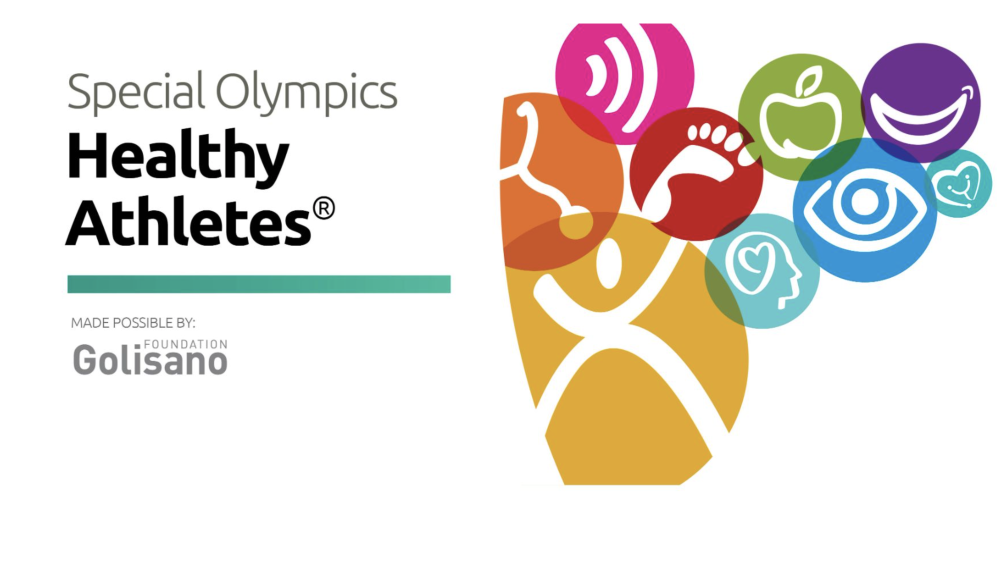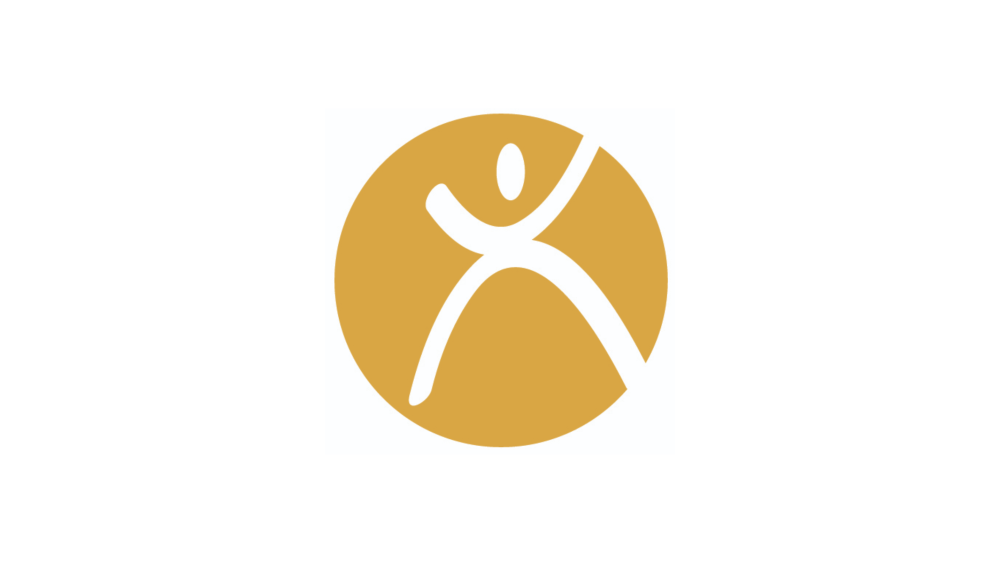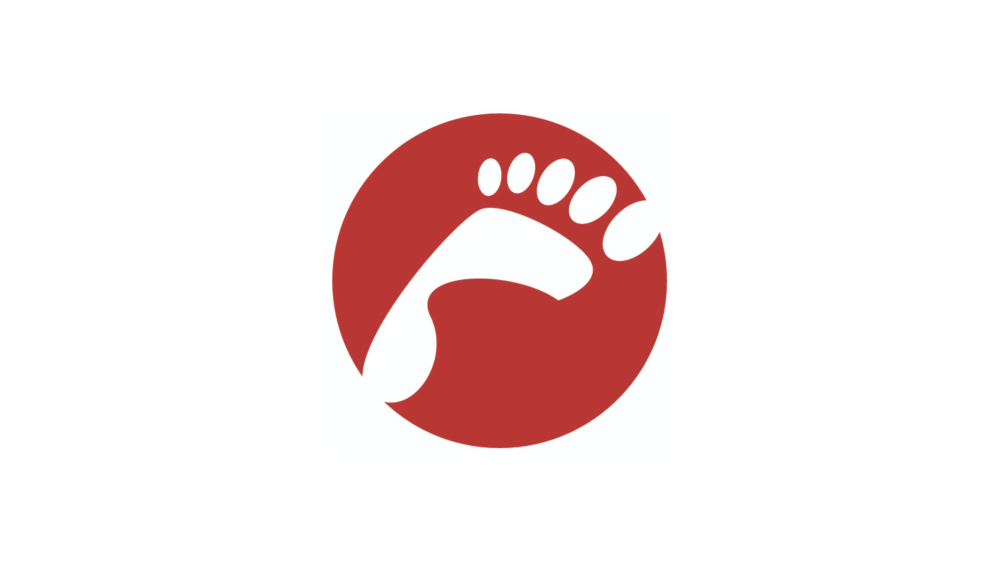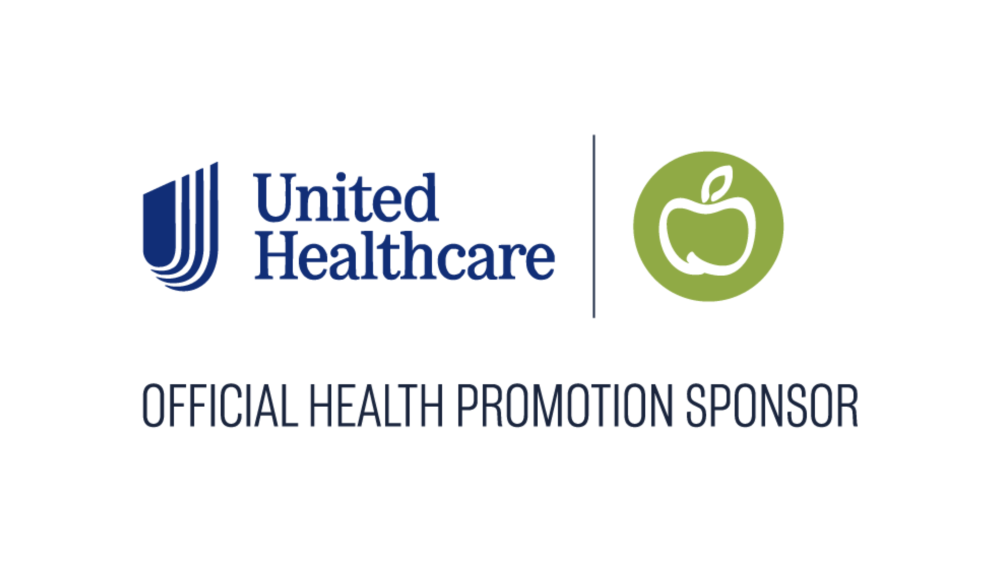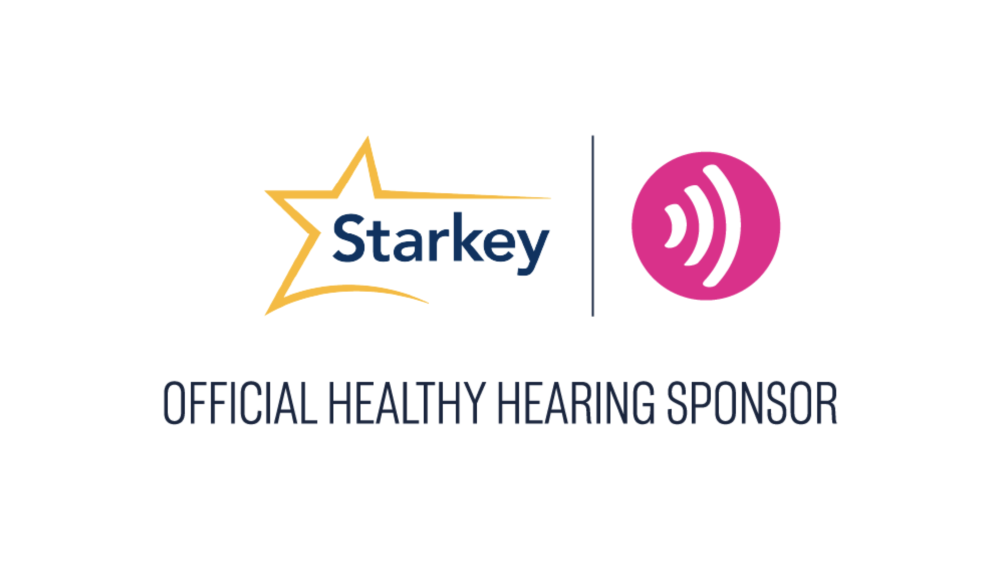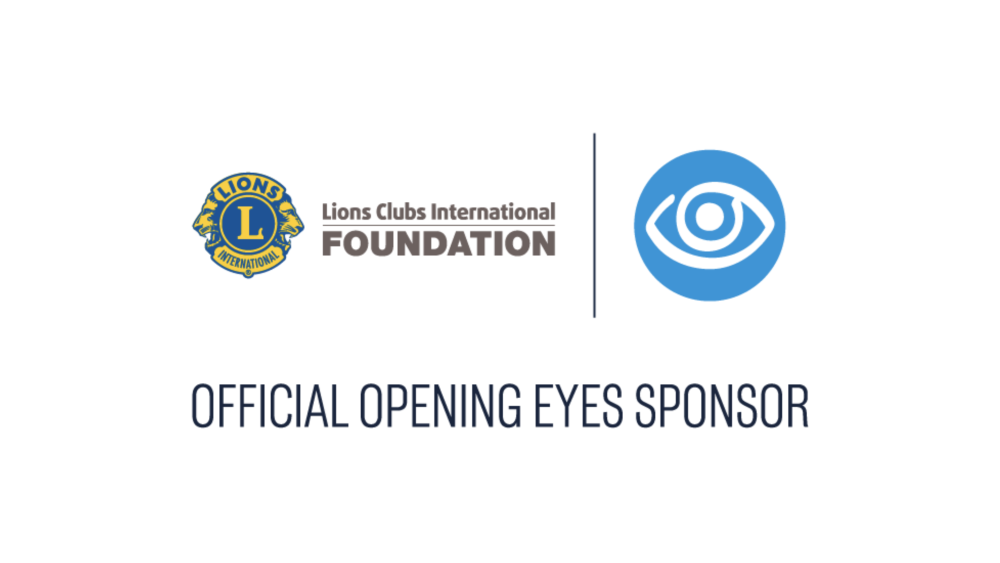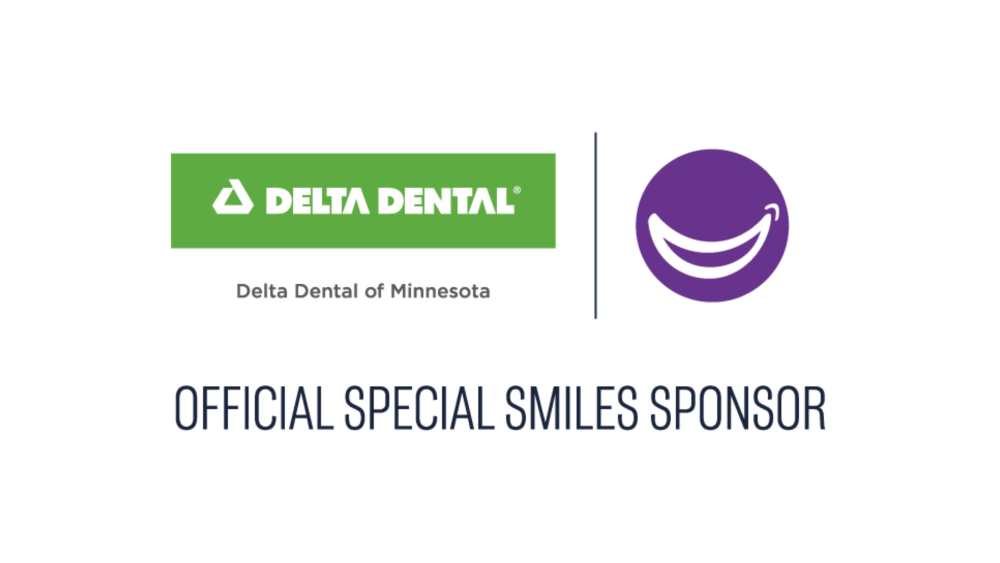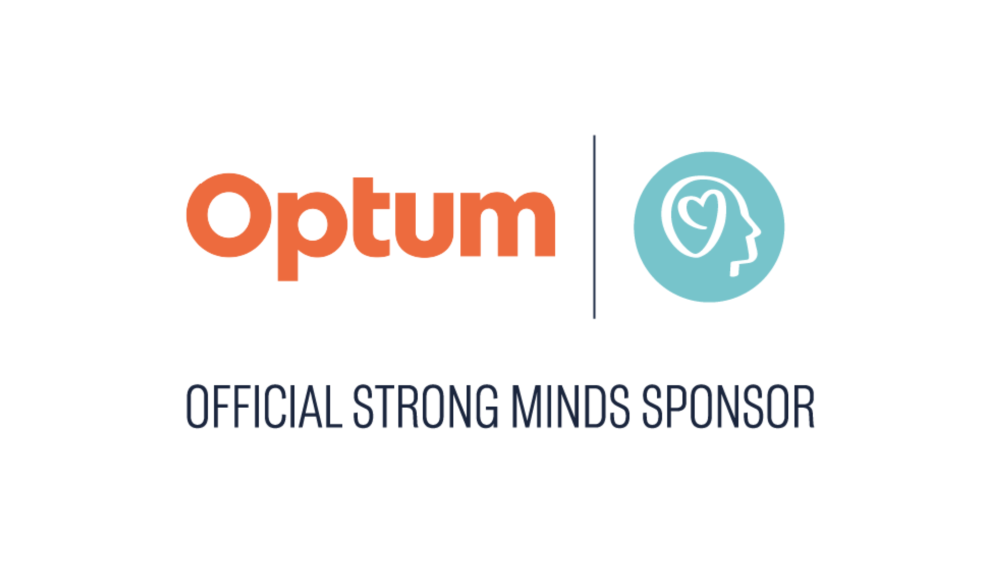Healthy Athletes
Prioritizing athlete well-being while they compete at their best.
People with intellectual disabilities often face significant barriers to quality healthcare—receiving substandard care or, in some cases, no care at all. Special Olympics Healthy Athletes® helps bridge this gap by offering essential health services that many athletes would not otherwise have access to. Throughout the Games, Healthy Athletes stations will be located at the University of Minnesota, ensuring that athletes have the opportunity to prioritize their well-being while competing at their best.
The Healthy Athletes program provides Special Olympics athletes with free health screenings in seven critical disciplines:
- Vision/Eye Health
- Audiology
- Dentistry
- Prevention and Nutrition
- Emotional Health
- Physical Therapy
- Podiatry
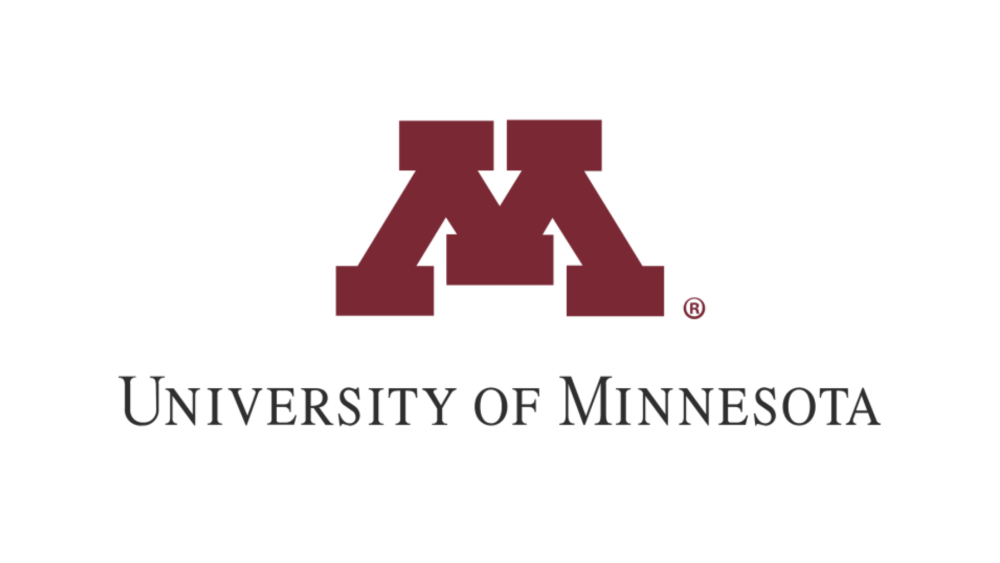
Healthy Athletes is more than a series of screenings, it’s a movement to close the health gap for people with intellectual disabilities (ID). At the 2026 Special Olympics USA Games, we expect over 15,000 free screenings to be administered in just one week, helping athletes access the care and resources they deserve.
Many individuals in the ID community live with undiagnosed or untreated conditions that could be easily prevented or managed with proper healthcare. Through Healthy Athletes, we’re working to change that by identifying hidden health needs, raising awareness among medical professionals, and advocating for equal access to quality care that empowers athletes to thrive both on and off the playing field.
during Games week is anticipated to exceed 15,000.
completion of 5 of the screening disciplines.
the general population due to underlying health conditions.
About Fit Feet
Special Olympics Fit Feet provides podiatric screenings to address the large percentage of Special Olympics athletes with untreated foot conditions. Many athletes suffer from foot and ankle pain or deformities that impair their performance in everyday life as well as sport performance, so Fit Feet aims to help athletes put their best foot forward when it comes to their podiatric health.
What Athletes Can Expect
Athletes will go through the following Fit Feet stations:
- Shoe and Sock Measuring
- Joints, Skin, Nails, Toes, and Gait Evaluation
- Health Feet Education
- Insole Fitting (if necessary)
- Insoles provided on-site
Why It Matters
Fit Feet screenings have found that:
- 60% of athletes have an atypical walking pattern
- 48% of athletes have skin and nail problems
- 30% of athletes have bone deformations
- 67% of athletes wear the wrong size shoe
About FUNfitness
Special Olympics FUNfitness is a physical therapy program designed to assess and improve the flexibility, functional strength, and balance of the athletes. These areas can impact pain and proper sport performance in individuals, so FUNfitness aims to help athletes maximize overall fitness while minimizing risk of injury.
What Athletes Can Expect
Athletes will go through the following FUNfitness stations:
- Flexibility Assessment
- Balance Assessment
- Aerobic Assessment
- Strength Assessment
- Fitness Education – Exercise, stretching, etc.
Why It Matters
FUNfitness screenings have found that:
- 78% of athletes have flexibility concerns
- 44% of athletes have balance concerns
- 14% of athletes have strength concerns
- 38% of athletes do not exercise regularly
About Health Promotion
Special Olympics Health Promotion offers screenings for bone density, blood pressure and body mass index (BMI) – encouraging healthy behaviors and improving self-efficacy and self-advocacy. Health Promotion aims to empower and motivate athletes to make healthy lifestyle choices that will improve their long-term health by using interactive educational games and literature.
Sponsor: UnitedHealthcare
What Athletes Can Expect
Athletes will go through the following Health Promotion stations:
- BMI Screening Station
- Bone Density Station and Education
- BP Screening Station
- Healthy Habits Screening and Education
- Nutrition Education
- Hydration Education
- Hand Washing Education
- Physical Activity Education
- Sun Safety Station
Why It Matters
Health Promotion screenings have found that:
- 76% of Special Olympics adult athletes are overweight or obese
- 50% of Special Olympics youth (less than 20 years of age) athletes are overweight or obese
- 26% of Special Olympics adult athletes have low bone density and increased risk for bone fracture
About Healthy Hearing
Special Olympics Healthy Hearing provides comprehensive audiology screenings and follow-up recommendations to promote the necessity of regular ear and hearing screenings. Many athletes’ hearing problems are previously undetected, un-served, or under-treated. Hearing loss negatively impacts communication ability, quality of life, social interactions and health.
Sponsor: Starkey
What Athletes Can Expect
Athletes will go through the following Healthy Hearing stations:
- Otoscopy
- Earwax Removal
- OAEs (Otoacoustic Emissions Test)
- Tympanometry
- Pure Tone Screening & Threshold Testing
- Hearing Products
Why It Matters
Healthy Hearing screenings have found that:
- 41% of athletes have blocked or partially blocked ear canals
- 27% of athletes have failed pure-tone hearing examinations
- 13% of athletes have permanent hearing loss
About Opening Eyes
Special Olympics Lions Clubs International Opening Eyes® offers optometry screenings and appropriate prescriptions to the many untreated athletes, improving vision and overall eye health. Opening Eyes serves to educate the athletes, their guardians, and coaches about the importance of vision in performance in sports, school, and work.
Sponsor: Lions Club International Foundation
What Athletes Can Expect
Athletes will go through the following Opening Eyes stations:
- Near and Far Vision Assessment
- Stereopsis (depth perception)
- Color Vision Testing
- Autorefraction
- Tonometry
- External and Non-Dilated Exam
- Refraction and Glasses Fitting
Why It Matters
Opening Eyes screenings have found that:
- 19% of athletes never had an eye exam
- 16% of athletes have an eye disease
- 36% of athletes need new prescription glasses
About Special Smiles
Special Olympics Special Smiles® provides comprehensive oral health care information including free dental screenings and instructions on correct brushing and flossing techniques. Special Smiles examinations are non-invasive, and also includes issuing preventative supplies, like toothpaste, toothbrushes, and fluoride varnish.
Sponsor: Delta Dental of Minnesota
What Athletes Can Expect
Athletes will go through the following Special Smiles stations:
- Oral Screening
- Oral Hygiene Instruction
- Fluoride Varnish
- Mouth Guard Fitting
Why It Matters
Special Smiles screenings have found that:
- 47% of athletes have gingival signs
- 25% of athletes have untreated tooth decay
- 9% of athletes required an urgent dental referral
- 12% of athletes have mouth pain
About Strong Minds
Special Olympics Strong Minds is an interactive learning activity focused on developing adaptive coping skills such as thinking positive thoughts, releasing stress, and connecting with others. Athletes try a few different active coping strategies as they move through the stations and identify the ones that they respond to the best.
Sponsor: Optum
What Athletes Can Expect
Athletes will go through the following Strong Minds stations:
- Core-LD30 Mental Health Questionnaire
- Warwick Wellness Scale Mental Health Questionnaire
- Stress Education
- Strong Messages
- Strong Breathing
- Strong Stretching
- Strong Supporting
Why It Matters
Strong Minds screenings have found that:
- 12% of athletes report having no coping strategies
- 62% of athletes primarily use avoidant strategies (e.g., not thinking about the stressor), which is associated with increased depression
- Only 26% of athletes mostly use active strategies (e.g. doing something to help themselves to feel better), which is associated with increased well-being
Special Olympics Health activities are supported by many sources, including in the United States, by Grant Number NU27DD000021 from the Centers for Disease Control and Prevention of the U.S. Department of Health and Human Services, with $18.1M (64%) financed with U.S. federal funds and $10.2M (36%) supported by non-federal sources.
These contents are solely the responsibility of the authors and do not necessarily represent the official views of the Centers for Disease Control and Prevention or the Department of Health and Human Services.

